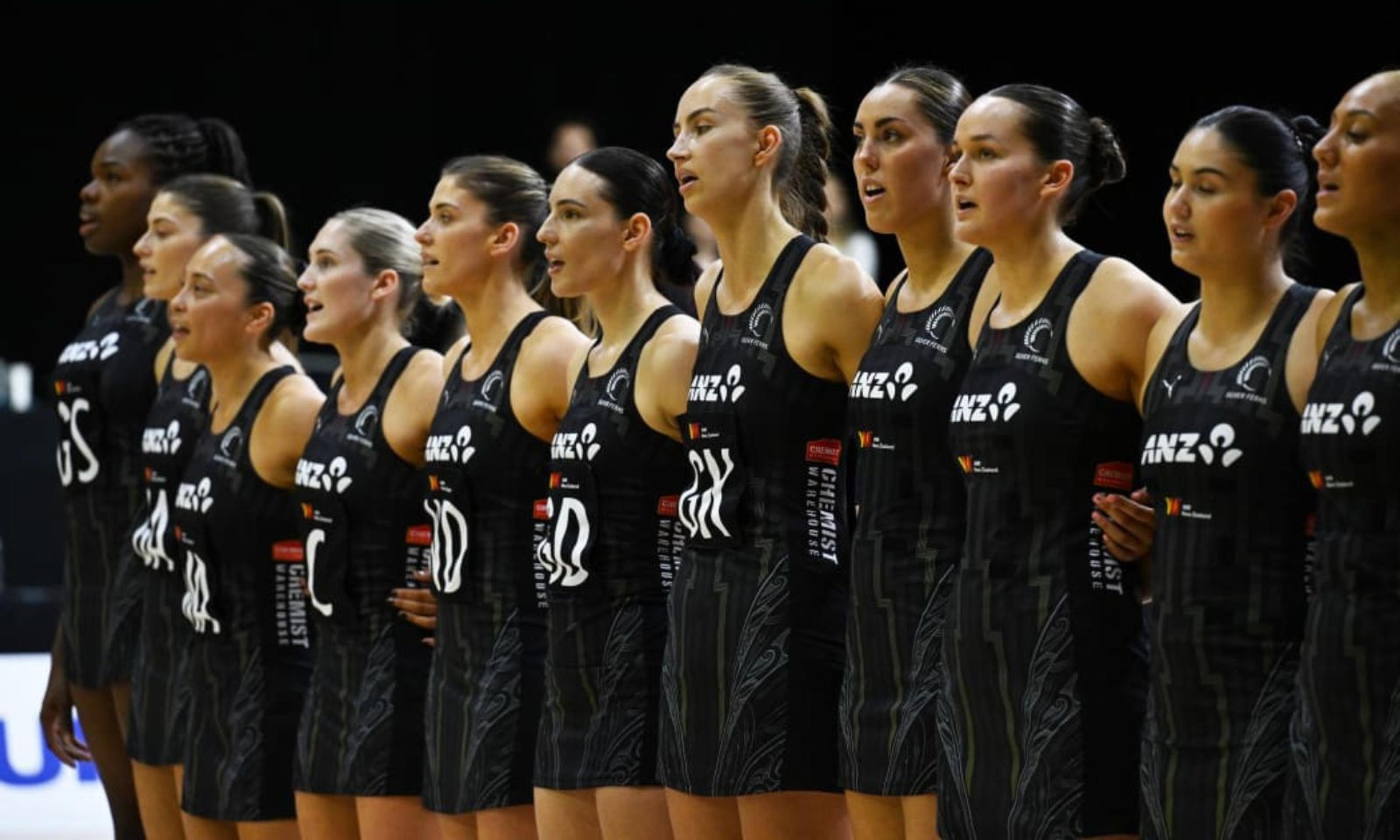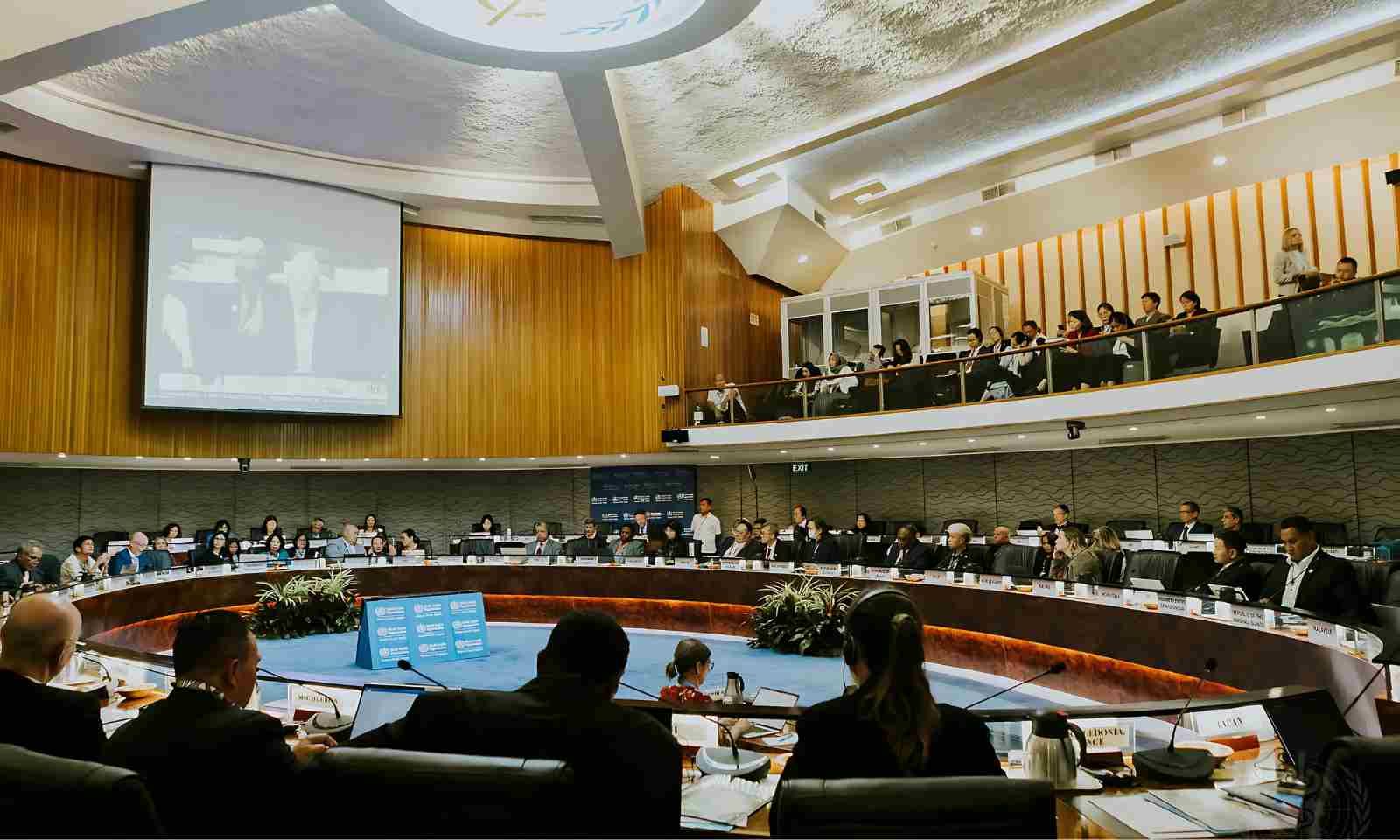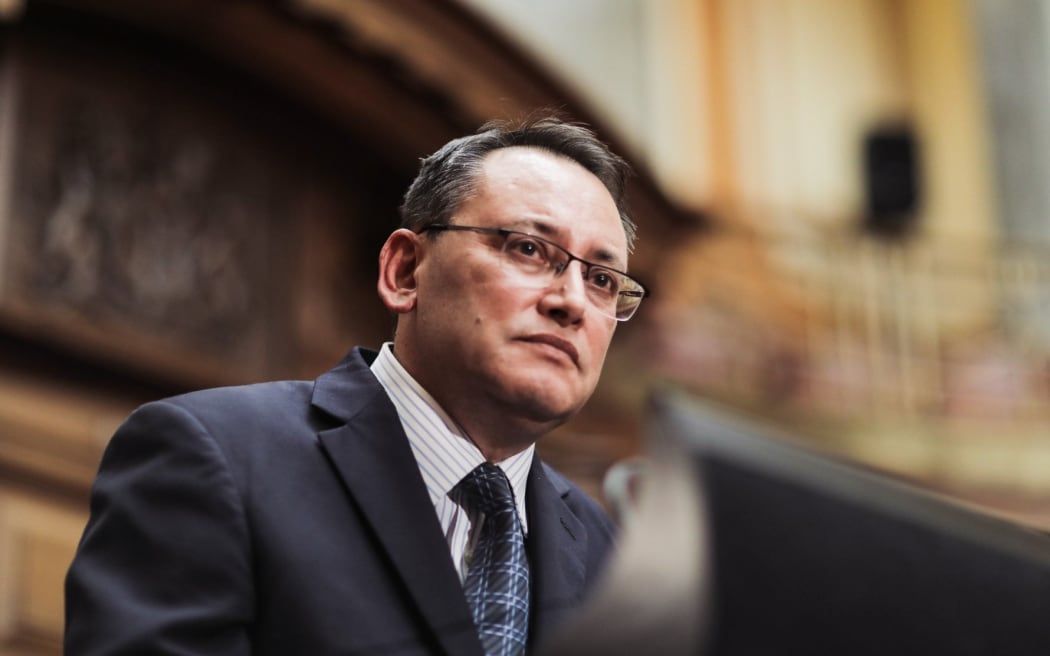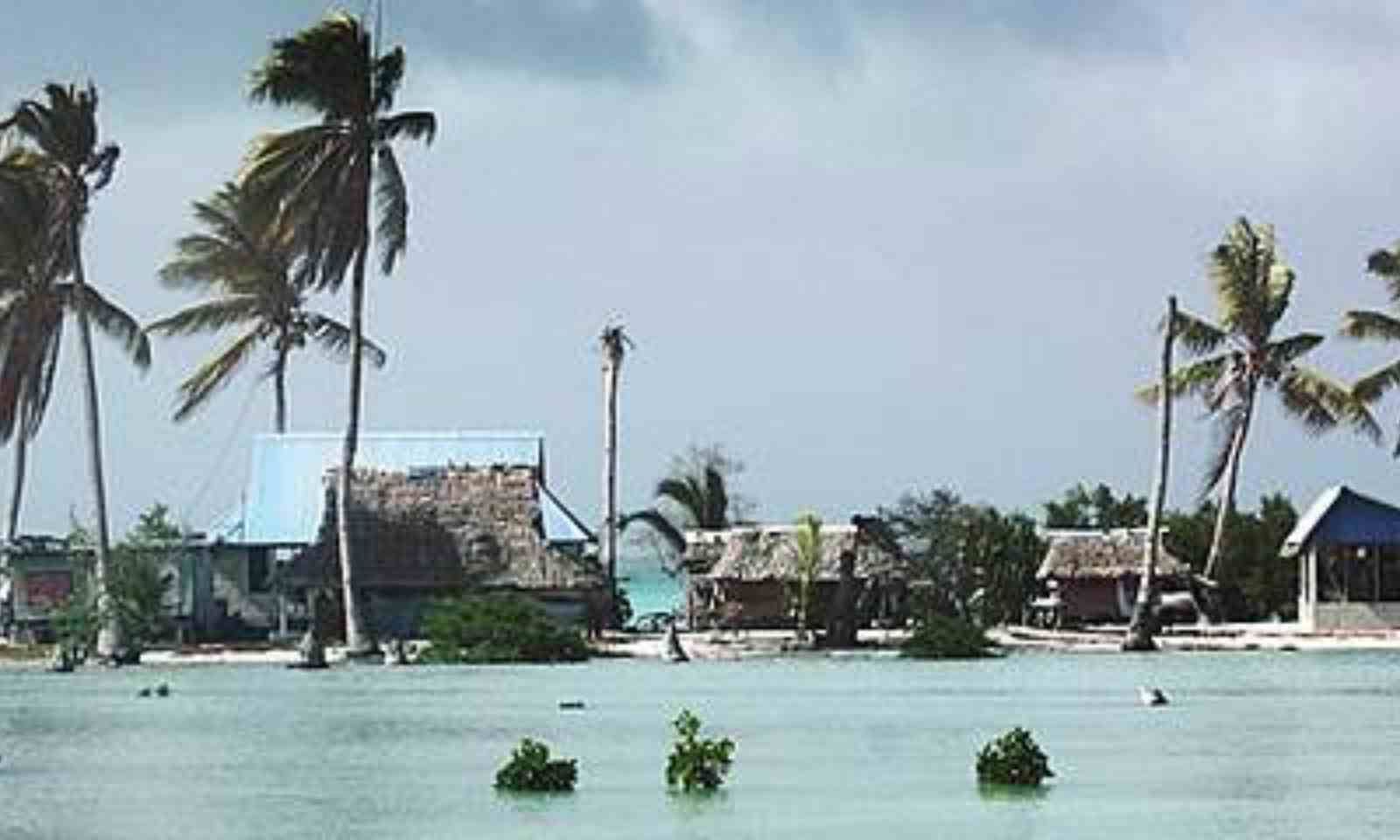

WHO Regional Director for the Western Pacific, Dr Saia Ma’u Piukala, outlines his vision on health priorities over the next five years.
Photo/WHO/Mark Vincent Limchoa
Health leaders set sights on universal coverage
Officials from across the Pacific and Asia have endorsed action plans on digital and financing health.



Fiji’s former Prime Minister and police chief charged with inciting mutiny

Immigration reassesses toddler's declined visa request as Children's Commissioner steps in

US funding cuts threaten to 'dry up' future of Pacific scientists - expert


Fiji’s former Prime Minister and police chief charged with inciting mutiny

Immigration reassesses toddler's declined visa request as Children's Commissioner steps in
Regional health leaders agree much improvement is needed to achieve universal coverage while prioritising financial and digital health across the Pacific and Asia.
At a recent World Health Organisation (WHO) committee meeting in Manila, officials endorsed action frameworks on health financing and digital health.

Regional health leaders meet in Manila in October. Photo/WHO/Romwell Mari Sanchez
New Zealand's Health Minister Dr Shane Reti also attended the 75th session of the WHO committee for the Western Pacific.
“Significant health challenges remain in our diverse Western Pacific region, which is also prone to the impacts of climate change,” Reti said.
“Being represented at and engaging in Manila for the 75th regional meeting will signal New Zealand’s commitment to working collectively on solutions for global and regional health issues."
The meeting was also "significant" for the first WHO Regional Director from the Pacific, Dr Saia Ma’u Piukala, of Tonga, who outlined his vision for addressing health priorities over the next five years.

NZ Health Minister Dr Shane Reti says significant health challenges remain in the Western Pacific region. Photo/RNZ
Despite recent reforms in health financing, the WHO says public health spending in the Western Pacific remains inadequate to meet growing needs in the region.
"In many countries, current policies have not yet achieved the goals of equitable service access and financial protection. As a result, families are being pushed into poverty from the financial burden of paying for health services," a WHO spokesperson said in a statement.
"In 2019 alone, more than 300 million people in the Western Pacific faced catastrophic health costs. Medicines and outpatient care are the primary drivers of out-of-pocket spending, exposing critical coverage gaps in primary health care (PHC) systems.
"Increasing public health spending, prioritising PHC, and adopting comprehensive financing strategies to promote health in national development, are essential to achieving universal health coverage (UHC) and sustainable development."
Piukala, who was appointed in January, urged global leaders to confront climate change as a pressing public health emergency.
He said the dire health impacts of climate change called for urgent, coordinated action to address "a public health crisis".
"The same human activities that destabilise our planet's climate also directly contribute to poor health outcomes."
Watch WHO Regional Director for the Western Pacific address journalists in Manila.
The Manila meeting also endorsed the Regional Action Framework for Health Financing to Achieve Universal Health Coverage and Sustainable Development in the Western Pacific.
The Framework aims to improve health financing through five action domains that include greater reliance on public funding for health, more equitable and efficient health spending, financing PHC now and into the future, strengthening governance for health financing, and, promoting health for all in economic and social policy.
The Regional Committee also considered digital health - the use of information and communications technology to manage health and promote well-being.
The WHO said digital health played a significant role in transforming health care by leveraging technology to increase access to care.
"Digital health is growing rapidly in the Western Pacific Region," the WHO official said.
"However, these changes bring about new challenges related to governance, coordination with a wide range of actors, sustainable financing, and the ethical and secure use of digital health tools and data."
The WHO Western Pacific Region is home to more than 1.9 billion people across 37 countries and areas including American Samoa, Australia, Cook Islands, Fiji, French Polynesia Tahiti, Guam, Kiribati, the Marshall Islands, the Federated States of Micronesia, Nauru, New Caledonia, New Zealand, Niue, the Commonwealth of the Northern Mariana Islands, Palau, Papua New Guinea, Pitcairn Islands, Sāmoa, Solomon Islands, Tokelau, Tonga, Tuvalu, Vanuatu, and Wallis and Futuna.

World leaders have been urged to confront climate change as a pressing public health emergency. Photo/supplied